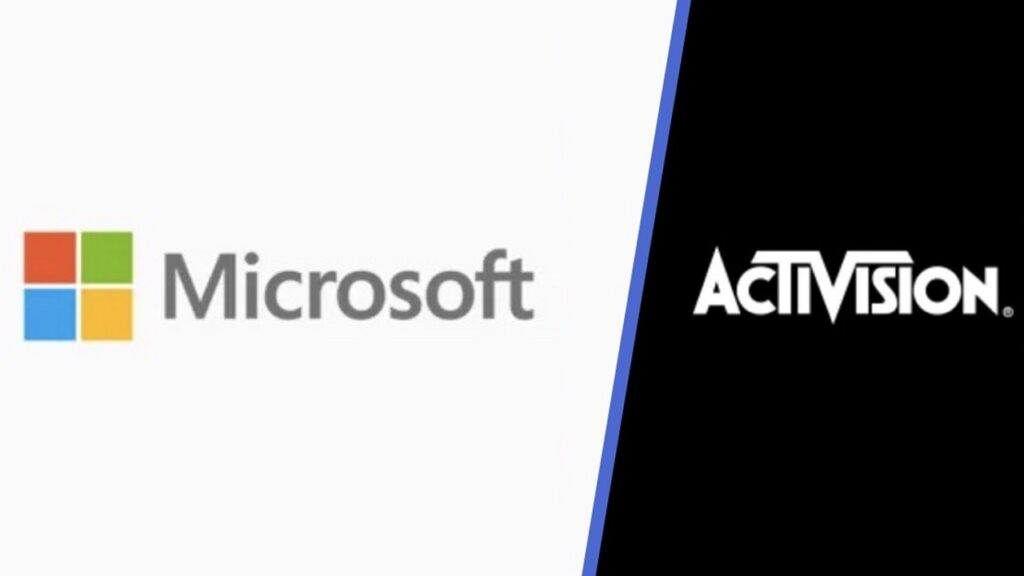In a surprising turn of events, UK regulators have given the green light for a swift approval of the Microsoft-Activision deal. The deal, which has been making headlines globally, involves technology giant Microsoft’s acquisition of the video game publisher, Activision Blizzard, for a staggering amount of$75bn. This move is set to create a seismic shift in the gaming industry and may have far-reaching implications for players, developers, and stakeholders alike.

The approval from UK regulators comes amidst a landscape of heightened scrutiny on large tech mergers and acquisitions. Antitrust concerns have been a prominent issue worldwide, with governments increasingly focused on protecting competition and consumer interests. Despite this climate, the Microsoft-Activision deal appears to have navigated the regulatory waters with relative ease.
Industry experts speculate that the speed of the approval could be attributed to the commitments and guarantees made by Microsoft to address any potential antitrust issues. These commitments may include ensuring fair competition, preserving the diversity of gaming platforms, and safeguarding data privacy. The exact details of the conditions laid out by the UK regulators are yet to be disclosed.
Microsoft’s acquisition of Activision Blizzard, known for popular game franchises such as “Call of Duty,” “World of Warcraft,” and “Candy Crush,” is expected to bolster Microsoft’s gaming division significantly. With an extensive portfolio of successful titles, Activision’s integration into the Xbox Game Studios family is projected to enhance Microsoft’s competitiveness against other gaming giants like Sony and Nintendo.
Moreover, the deal will enable Microsoft to access a broader user base and tap into new markets, potentially solidifying its position as a leading force in the gaming industry. In addition, this acquisition is likely to pave the way for innovative cross-platform experiences, offering gamers more choices and possibilities.
Investors have shown optimism in response to the news, with Microsoft’s stock witnessing a surge in value since the announcement of the deal. Gaming enthusiasts and industry players alike eagerly await the outcome of this monumental acquisition and how it will reshape the gaming landscape in the years to come.
However, not everyone is convinced about the deal’s impact on the gaming ecosystem. Critics raise concerns about potential exclusivity deals and how they might limit access to certain game titles for players on other platforms. Moreover, questions surrounding data handling practices and privacy protection are yet to be fully addressed, raising eyebrows among privacy advocates.
Despite the skepticism, Microsoft remains resolute in its commitment to transforming the gaming experience for players worldwide. The company’s track record of successful acquisitions, such as Mojang (Minecraft) and ZeniMax Media (Bethesda), adds to its reputation as a company that knows how to manage and integrate new entities efficiently.
As the gaming industry awaits the finalization of the deal, all eyes are on the regulatory proceedings in other jurisdictions, such as the European Union and the United States, to see how they will approach the potential merger. The future of the gaming landscape hangs in the balance, and industry observers eagerly anticipate further developments in this historic deal.
